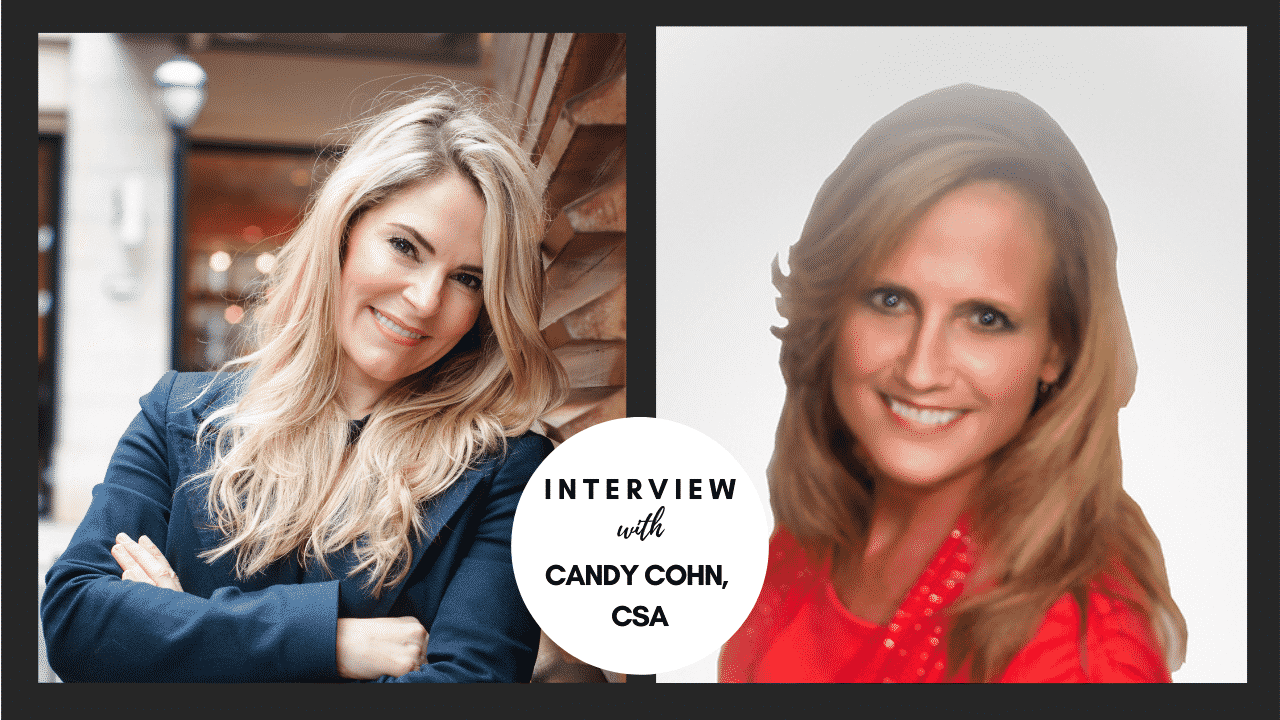When he was in his late 80s, Candy Cohn’s father unintentionally stopped taking medication for a long-standing bipolar disorder and experienced a significant mental health crisis requiring hospitalization and intensive treatment. It was following this episode that Candy knew that she needed to help her older parents find a senior living community that would provide more continuity and medication management and offer opportunities for a better quality of life than they were getting at home. But, where to start?
I have witnessed many older adults living with significant mental health conditions, like bipolar disorder and schizophrenia, at times struggle to find senior living communities.
There are some mental health conditions that are expected in assisted living environments, like depression and anxiety, which often occur with dementia and medical conditions. In fact, one in three residents takes a medication for a mental health condition. But when it comes to what we call serious mental illness (SMI), which includes bipolar disorder, schizophrenia, and other psychotic disorders, among other conditions, assisted living communities are less prepared to meet their needs.
With 8.6 million people age 65+ living with SMI and the older adult population on the rise, it’s important for families helping their older loved ones and senior living communities consider the unique needs of folks living with SMI, including helping people living with SMI to find senior living communities that can meet their needs.
In today’s episode, I interview, Candy Cohn, a Certified Senior Advisor, who help families find senior living and has developed a specialty for helping people living with mental health concerns find senior housing, starting with her own dad.
Here’s a peak inside my interview with Candy Cohn:
- [04:46] Candy describes different types of senior living communities, from independent living to assisted living to memory care.
- [20:48] Learn why it can be helpful to work with a Senor Living Advisor when looking for housing options for your older loved ones.
- [25:10] Candy shares her personal experience of looking for senior living communities following her dad’s hospitalization in his late 80’s due to a mental health crisis.
- [32:20] Taking medication consistently helps many people with mental health conditions maintain emotional stability and improve their quality of life. Learn more about medication management in senior living here.
- [38:21] There are some barriers for folks with mental health conditions moving into senior living communities. One of them being stigma. Candy and I share personal stories of mental health stigma.
- [51:38] After helping many older adults with mental health conditions move into senior living communities, Candy shares recommendations for families who are living with mental health conditions who are looking for senior living community
- [55:56] Serving as a liaison between families with mental health conditions and senior living communities, Candy also offers recommendations for senior living communities to including folks with mental health concerns.
About Candy Cohn
Candy Cohn is a Certified Senior Advisor® and owner of Oasis Senior Advisors South Florida. Oasis provides a free service to help people find senior living in Broward and Palm Beach County including independent, assisted and memory care communities. She is very active in the senior care industry and can be a great resource to people needing any services or who have concerns about a senior.
Her background in healthcare marketing includes community relations at Martin Memorial Hospital in Stuart, FL; writing for “Psychotherapy Finances” newsletter; Marketing Director for Flexsite Diagnostics; and community relations at the Visiting Nurse Association of Florida. After helping her own parents move to a senior living community in 2011, Candy realized the complexity and emotional challenges involved in this transition and has since dedicated herself to serving others who needed to make these life changes.
Candy is very active in the community, including being a member of the Rotary Club of Downtown Boca Raton, the Palm Beach County Partnership for Aging (PFA), the Skilled Nursing & Assisted Living Alliance (SNALA) and participating regularly in the Palm Beach County Guardianship Association and Florida Assisted Living Association (FALA). Candy also serves as past president of Broward County Elder Services Resource Network (ESRN) and has served for several years on the planning committee for the Boca Raton Walk to End Alzheimer’s.
Learn more about Candy Cohn here:
References:
https://www.ncbi.nlm.nih.gov/pmc/articles/PMC5176104/





